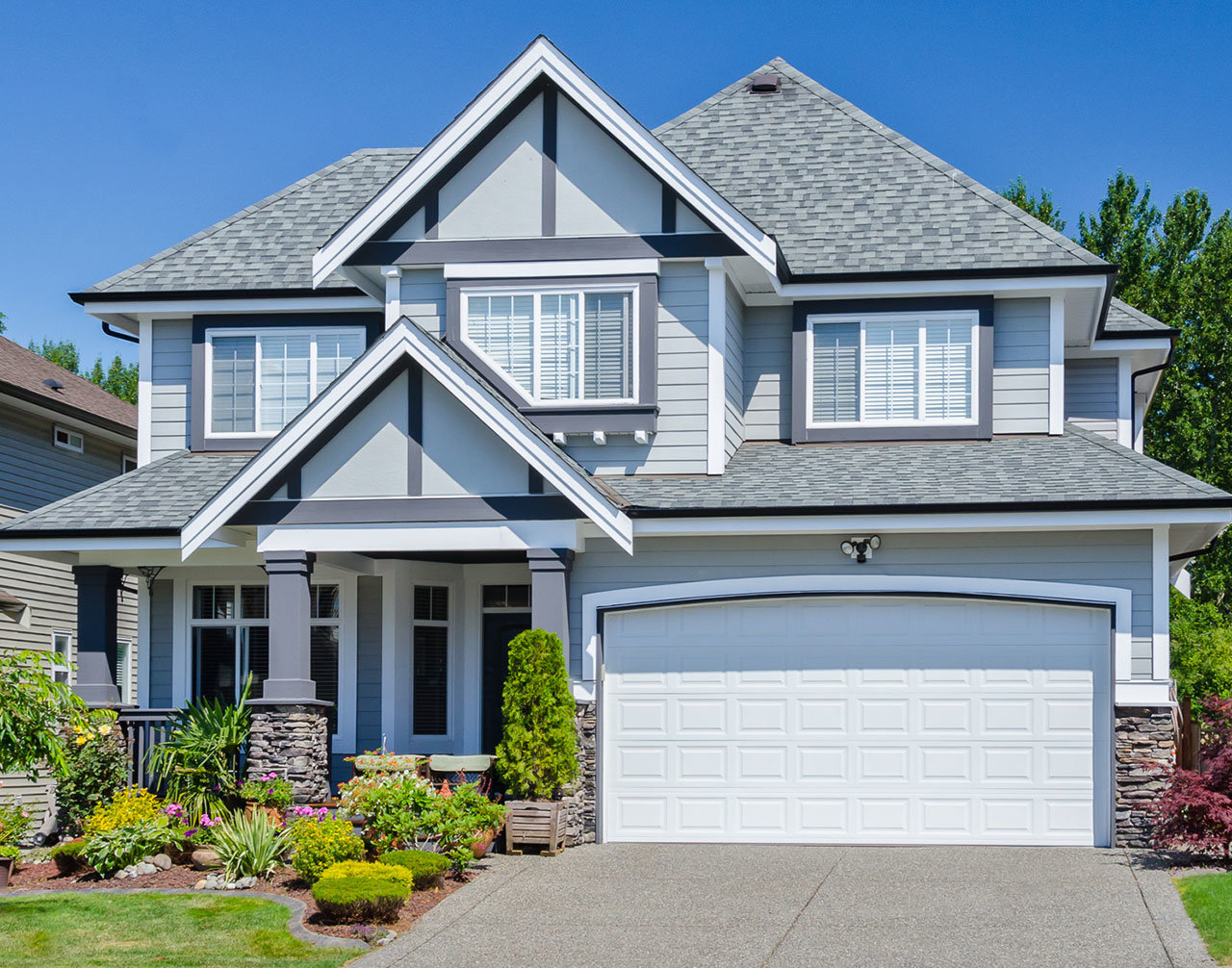
The Canadian government has set its sights on the house-flipping industry to cool housing prices. Ottawa holds that slapped an anti-flipping tax would help bring down home valuations, allowing for more prospective buyers in Canada's real estate market and lower costs associated with buying or selling homes as well as interest rates during transactions - all of which can be good news if you're looking at getting into this business!
After doing some research we found there are actually five important things every entrepreneur needs before they start investing their hard earned cash into profitable endeavors like purchasing houses themselves (or renting them out).
Here is our list:
#1 The Math
When you flip a house, it's not just about the market value. In fact there are several other factors that should be considered when buying or selling your next investment property such as repairs and renovations needed on an old home before putting up new siding for example; these costs can add up quickly! So make sure all of this information is taken into account before making any decisions because one thing might cost less than expected but end up costing more in another area - like closing fees which typically range from 3% - 5%.
In addition, it is important to remember that when you flip a property, you do it as an investor, not an end-user. You need to do the math properly and account for the down payment, the legal fees, the land transfer tax, repairs and renovations, and insurance.
#2 Evaluate The Location
Location. Location, location! As a general rule of thumb before the pandemic-era housing boom it was said that you should only purchase real estate located in high demand locations with easy access to parking and transportation since these were key amenities for residents who wanted their homes close by so they could spend as much time there during off hours or on days where work took them out prepping/supplying households with groceries etcetera while also being able t leave quickly if necessary due any emergencies at home (elevator shoes).
It's important now more than ever because not only do we have an overpopulated city but also one without enough land mass available - meaning prices across all industries will continue rising unless developers start building vertically again.
#3 Manage Your Time
When evaluating a property for flipping, ensure the time it would take to renovate will not eat away at your profit margin. You will still have to pay the mortgage, insurance and property taxes. As a result, being prepared to measure the time frame within which you can complete the project is logical and worth investing in when partaking in flipping. If there is too much work to be done and you know it would be too time-consuming, perhaps it would be prudent to look for another property.
One more thing: Try to attain services from industry professionals since it is better not to make such a decision on your own, particularly if you are inexperienced. In other words, show the property to a contractor, talk to an electrician, engage with roofers and plumbers, and speak with experts to determine how much work is involved and how much time it would take to be completed.
#4 Work with a Trustworthy Contractor
If you do hire a contractor, always ensure you work with a professional who is trustworthy. This can make a big difference when meeting deadlines and managing your budget. You may think you are saving money if you hire a little-known or inexperienced contractor, but if their work is lacking in any way, you will eventually have to bear the losses.
#5 Remember Your Building Permits
If you have been in the business of flipping houses, be aware of the required permits. But if you are new at this, you need to understand that in order to renovate a house properly and legally, you need to get the required permits. Plan ahead for this because obtaining permits can be time-consuming. Resist the impulse to build without the necessary permits, as you could be forced to tear down your new project as a penalty if caught.
Plan everything properly, so you do not lose time or money.
#6 Know Your Buyer
You have figured out the location and budget, but you also need to know your target buyer.
Who is likely to buy this house when the project is complete?
The answer to this question will help you determine how you want to renovate the home. Determine what features your target buyer will be attracted to in a property, and what budget you can afford based on what your target buyer could potentially pay for the property. If it’s a family home and your ideal buyer would be a couple with kids, you would know the kind of house they would prefer: a safe neighbourhood, good schools, a big backyard, and a spacious layout.
Ultimately, knowing your buyer can help you create a house that will cater to their needs, thus making the process of finalizing the sale much easier and quicker.
#7 Become Familiar with Tax Requirements
It is essential to understand the tax laws in Canada and how they apply when flipping a house.
It is important to remember that capital gains are treated differently from business income. You must report this money to the Canada Revenue Agency (CRA) whenever you flip a house and make a sale. This includes all houses you flip. The profits you would make from flipping houses are taxable as business income.
Also, you must note that the principal residence exemption does not apply when flipping a house. You may also have to pay GST/HST. Any non-compliance with your tax obligations related to real estate profits can result in unnecessary complications and trouble with the CRA.
Posted by Frank Polsinello on
Leave A Comment